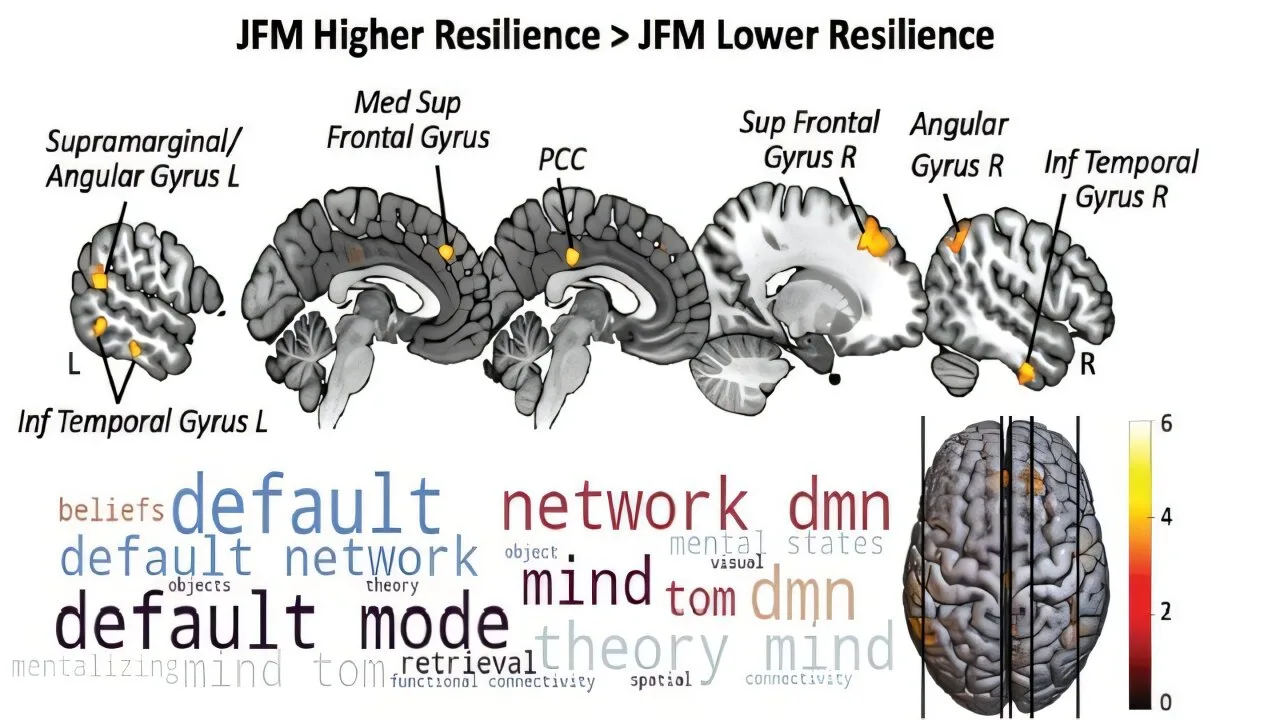Understanding Juvenile Fibromyalgia and the Role of Resilience
Juvenile fibromyalgia is a long-term pain condition that primarily impacts adolescent girls. Recent research from the University of Barcelona sheds light on how resilience, the capacity to adapt well to challenges, interacts with this chronic illness.
The Study’s Key Findings
The study reveals that while resilience doesn’t directly lessen the physical pain associated with juvenile fibromyalgia, it appears to play a significant role in protecting emotional well-being and brain function.
Resilience: A Protective Factor
Here’s a breakdown of how resilience may help:
- Emotional Well-being: Resilience can buffer against the emotional distress often linked to chronic pain.
- Brain Function: The study suggests resilience might influence brain activity, potentially mitigating the impact of fibromyalgia on cognitive processes.
Implications for Treatment
These findings highlight the importance of incorporating strategies to foster resilience in the treatment plans for young girls with juvenile fibromyalgia. While managing pain is crucial, addressing emotional and psychological factors can significantly improve their overall quality of life.
Final Overview
In summary, while resilience isn’t a cure for the physical symptoms of juvenile fibromyalgia, it emerges as a valuable asset in helping young patients navigate the emotional and neurological challenges posed by this condition. Focusing on building resilience could be a vital component of comprehensive care.


+ There are no comments
Add yours